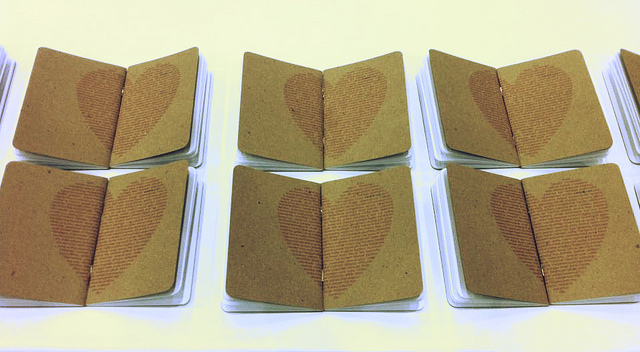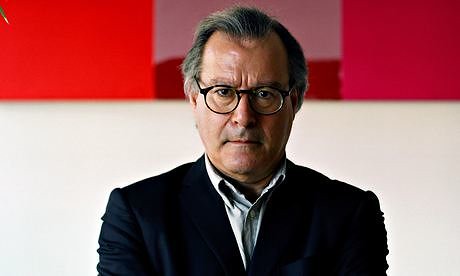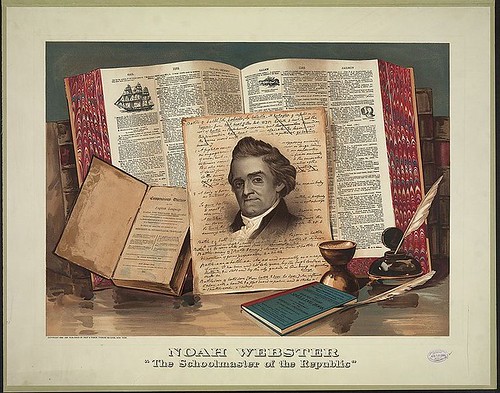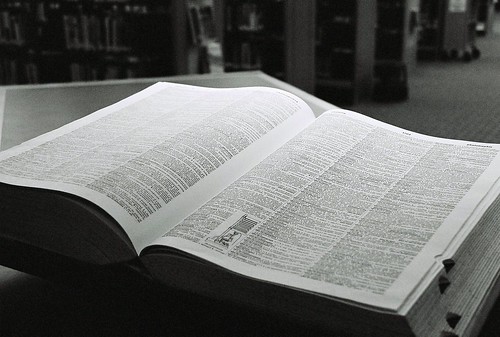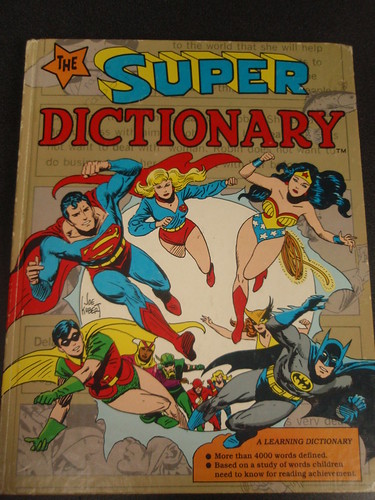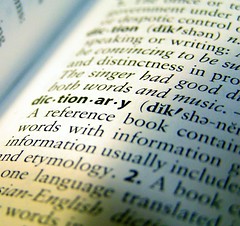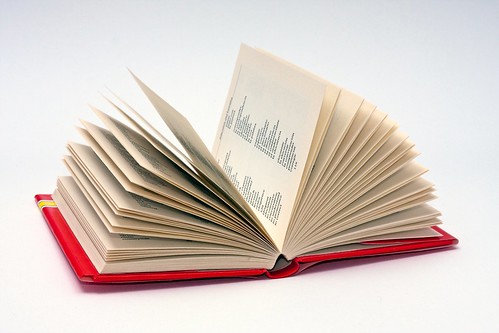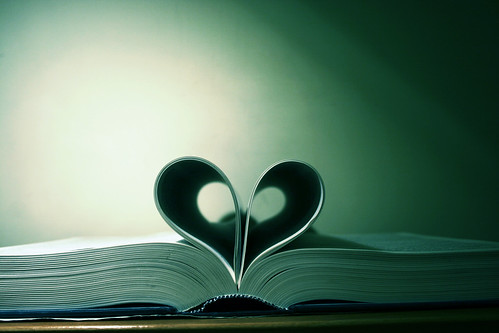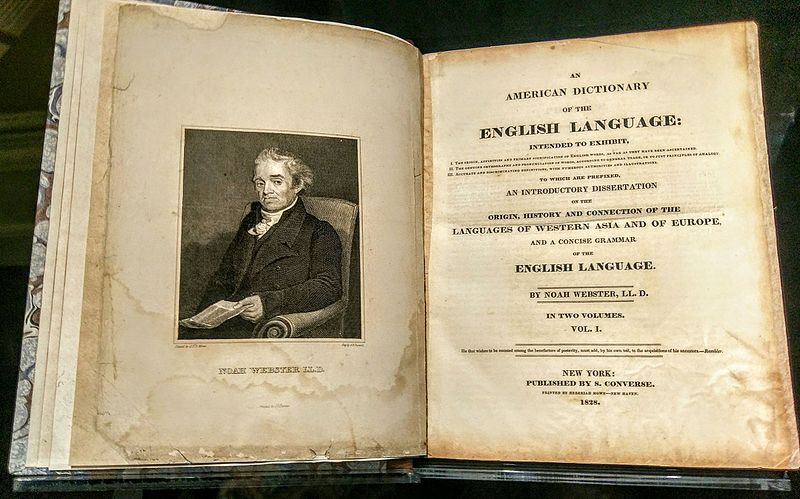
Title page of Noah Webster’s 1828 edition of the American Dictionary of the English Language. Book owned by the California State Library. Photo by Jim Heaphy.
Every October 16 celebrates the birthday of Noah Webster, often called the Father of American Scholarship and Education. As per the Merriam-Webster dictionary (his namesake), he believed the U.S. should have a distinctive language “with its own idiom, pronunciation, and style.” His 1806 publication, A Compendious Dictionary of the English Language, is considered “the first truly American dictionary.”
You can celebrate Dictionary Day in all sorts of ways. You can visit the Noah Webster House in West Hartford, CT; play Scrabble all day with the game’s recently updated dictionary; or get your dictionary costume ready for Halloween. You can also help Wordnik.
Wordnik, A Brief History
Longtime Wordniks know it all started with a TED talk. In 2017, our fearless founder, Erin McKean, discussed redefining the traditional, paper dictionary. Flash-forward to Leap Day 2008 and Wordnik’s incorporation (and “un-birthday”), and its official launch a little more than a year later.
After amassing thousands of users, tens of thousands of word lists, and millions of words, Wordnik found its true calling by deciding in 2014 to become a not-for-profit. Less than a year later, it launched its Kickstarter campaign with the goal of giving a million missing words their rightful place in the dictionary. Finally, in April of this year, Wordnik officially became a 501(c)(3) not-for-profit.
Gearing up for Giving Tuesday
The holidays are right around the corner, which means Giving Tuesday is less than two months away. Falling on the Tuesday after Thanksgiving, it’s the beginning of the charitable season and a time to give back, whether to your family, community, or favorite charity. We hope you consider giving to Wordnik.
Like the TARDIS, Wordnik is a lot bigger on the inside. From the outside, it might look like a simple website, but on the inside are words — lots and lots of words. In fact, more than any other dictionary. And maintaining those words and the data around them (including not just definitions and sample sentences but also related words, images, tweets, and Scrabble score) runs up a lot of server and storage costs. That’s why we’re asking you to help meet our goal of raising $25,000 by the end of 2018.
How You Can Help
While $25,000 might sound like a lot, there are lots of small ways you can help.
Adopt a word. We launched our adopt-a-word program back in 2014, and since then hundreds of words have been welcomed into loving homes.
How does it work? Donate just $25 (that’s less than 50 cents a week) and you can own a word for a whole year. Not only that, you get:
- Your Twitter handle or website URL linked on the word page
- A downloadable, printable certificate commemorating your adoption
- Stickers
- Your word sent to the front of the line for updated data
- An “adopter” badge on your Wordnik user page
Plus! From now through the end of the year, you’ll also get two supercute Wordnik notebooks!
And remember:
- Your donation is tax-deductible (where allowed by law)
- You can adopt a word in someone’s name, which makes a great gift (one size fits all!)
There are even a few lifetime word adoptions still available. Join designer and technologist John Maeda (who adopted design), venture capitalist and musician Roger McNamee (who adopted wombat), and philanthropist and Craigslist founder Craig Newmark (who adopted nerd) in adopting your favorite word forever! Email us for details.
Special sponsorships. We also have special sponsorships available—you can sponsor an entire letter of the alphabet, our Word of the Day email (which reaches more than 6,000 word enthusiasts), or Logodaedaly, our word games newsletter (which reaches more than 500 games aficionados). For information about sponsoring any of these, please email us!
Donate any amount. When we announced our official not-for-profit status, we also launched our Donately page. You can make a one-time or recurring donation of any amount. In addition:
- If you give at least $15, you’ll get fun word-nerdy stickers
- Now through the end of 2018, if you donate $100 or more, you’ll also get:
- A word of your very own for FIVE YEARS
- The Wordnik T-shirt of your choosing!
Chip in five bucks when you get your Wordnik API key. Of course you can get it for free, but if you give $5, you’ll not only help keep Wordnik running, you’ll get your key in 24 hours. (Normally it may take up to seven days.)
Most of All, Thank You!
Last but certainly not least, we wanted to give a big thank you to all those who have already given, whether by adopting (and re-adopting) a word, backing our Kickstarter, donating, or buying our merch. Every penny goes to keeping the lights on at Wordnik, bringing you interesting words, and giving a place for word lovers to share, comment, or make lists to their heart’s content.
What’s Next?
Keep your eyes peeled right here for more updates as we strive toward our goal!
